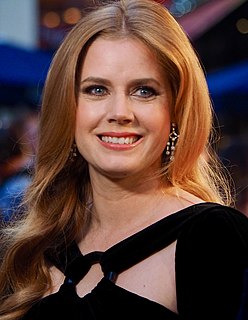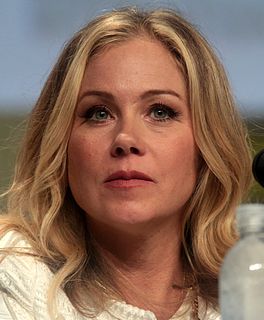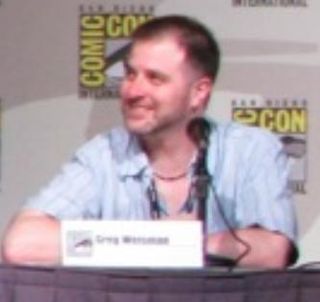A Quote by Max Richter
When I got the call about 'Arrival,' I was doubtful because the piece had had a life on cinema already, and we were getting to the point where the original context was sort of lost, and I didn't want that to happen. On the other hand, 'Arrival' itself is a political film because it's about unification and getting beyond boundaries.
Related Quotes
The first commandment for every good explorer is that an expedition has two points: the point of departure and the point of arrival. If your intention is to make the second theoretical point coincide with the actual point of arrival, don't think about the means -- because the journey is a virtual space that finishes when it finishes, and there are as many means as there are different ways of 'finishing.' That is to say, the means are endless.
There is a future which is predictable, programmed, scheduled, foreseeable. But there is a future, l'avenir (to come) which refers to someone who comes whose arrival is totally unexpected. For me, that is the real future. That which is totally unpredictable. The Other who comes without my being able to anticipate their arrival. So if there is a real future, beyond the other known future, it is l'avenir in that it is the coming of the Other when I am completely unable to foresee their arrival.
The work of democratic government is routinely concerned with matters defined as troubles. In "The Presidency and the Press" I make the point, familiar to anyone who has flown about the world much, that the best quick test of the political nature of a regime is to read the local papers on arrival. If they are filled with bad news, you have landed in a libertarian society of some sort. If, on the other hand, the press is filled with good news, it is a fair bet that the jails will be filled with good men.
I hated waiting. If I had one particular complaint, it was that my life seemed composed entirely of expectation. I expected — an arrival, an explanation, an apology. There had never been one, a fact I could have accepted, were it not true that, just when I had got used to the limits and dimensions of one moment, I was expelled into the next and made to wonder again if any shapes hid in its shadows.
In my short film, 'Gasman,' I shot it at a kid's party. And the kids were just having a party - they couldn't care less about our film. But that was great because we got this amazing footage where kids were drinking soda and pop or whatever, and getting that sugar high and beating each other up or dancing.
With Gargoyles, I didn't want to walk away. I liked the idea too much, I was too passionate about it and so I went to my bosses and said, "Guys, I want to produce this show." Their initial response, lets call it dubious, but they let me give it a shot and sort of the rest is history. I moved from one side of the desk to the other side of the desk, and became a full time writer which had always been the goal, but I came about getting the actual work in a sort of roundabout way.
For now, oh my God, it is to You alone that I can talk, because nobody else will understand. I cannot bring any other man on this earth into the cloud where I dwell in Your light, that is, Your darkness, where I am lost and abashed. I cannot explain to any other man the anguish which is Your joy nor the loss which is the Possession of You, nor the distance from all things which is the arrival in You, nor the death which is the birth in You because I do not know anything about it myself and all I know is that I wish it were over - I wish it were begun.
On the one hand information wants to be expensive, because it's so valuable. The right information in the right place just changes your life. On the other hand, information wants to be free, because the cost of getting it out is getting lower and lower all the time. So you have these two fighting against each other.
I had written three books [Games of Throne], at that point, and each one of them was better than the other. At a certain point, as the books were doing well, I started getting interest from Hollywood, from various producers and studios who were initially interested in doing a feature film. I met with some of those people and I had phone conversations with some of those people, but I didn't see it being done as a feature film.








































